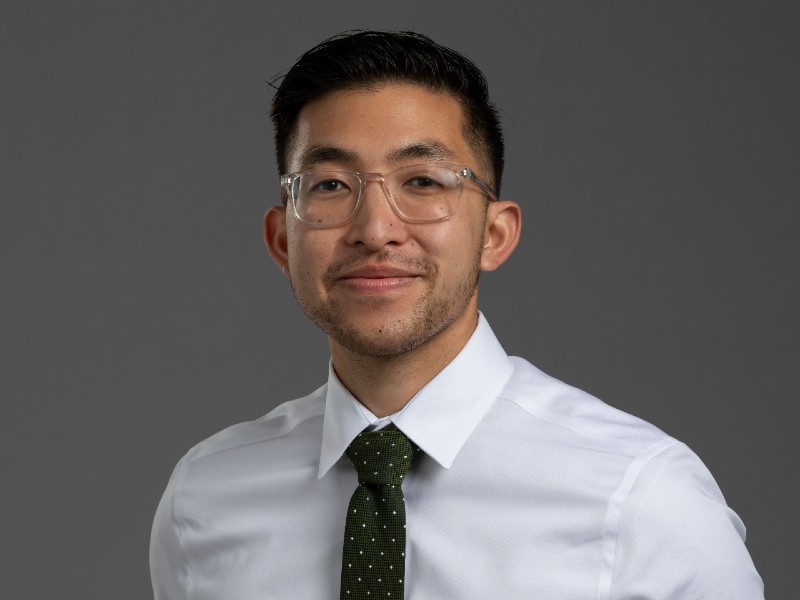
PGY-2 Resident
Department of Physical Medicine & Rehabilitation
Diversity Equity and Inclusion Committee Co-Chair
The intersectionality we each hold is a powerful tool that makes us a unique force of change for our community. My intersectionality draws in large part from my immigrant roots. As with many immigrants, my family held a deep respect for physicians and the selfless nature of our profession.
Since I was young, my parents have encouraged me to pursue the field of medicine. Luckily, my love for all things scientific and nerdy made medicine a natural fit for me. However, what transformed medicine into a realized calling originated from hardships that evolved from my family's immigration circumstances. Due to various sociopolitical factors, my family ultimately overstayed its visitor's visas, and we became undocumented immigrants.
Immigration status is certainly a social determinant of health. The gap in health access and fear of seeking aid in undocumented families became painfully evident as I grew older. It shaped one of my core ethical beliefs: health care delivery needs to be equal and equitable, regardless of immigration status. Despite the internalized trauma and turmoil our experiences often entail, we are given strength from our adversity. My experiences continue to motivate me to do what I can to support undocumented individuals to navigate our education and health care infrastructure and expand access to both.
I'm truly humbled to continue my training in physical medicine and rehabilitation here at RUSH University Medical Center, which is home to DACA medical students and has played a pivotal role as an institution in making organ transplants accessible to undocumented patients. In addition to my clinical duties, I serve on RUSH'S Immigrant Health Working Group and Diversity Equity and Inclusion Committee.
What advice would you give someone who is considering a career in medicine?
Like many undocumented youths across the country, it was the norm to communicate with medical schools and be told that they would not be able to matriculate because of their immigration status. I spent hours doing this throughout college without direction for many years. Now I am a resident physician and am in the process of naturalizing my citizenship status. Don't give up. If it is your dream to pursue medicine, do not let anyone tell you otherwise.
Once you enter the field, be patient and kind with yourself. Medicine is very much a selfless profession. Training will demand so much from you, and just because we become medical students or residents does not mean our hardships go away.
They do not. Do not feel guilty for taking time to yourself and prioritizing your family. Advocacy and community building will come in time.
